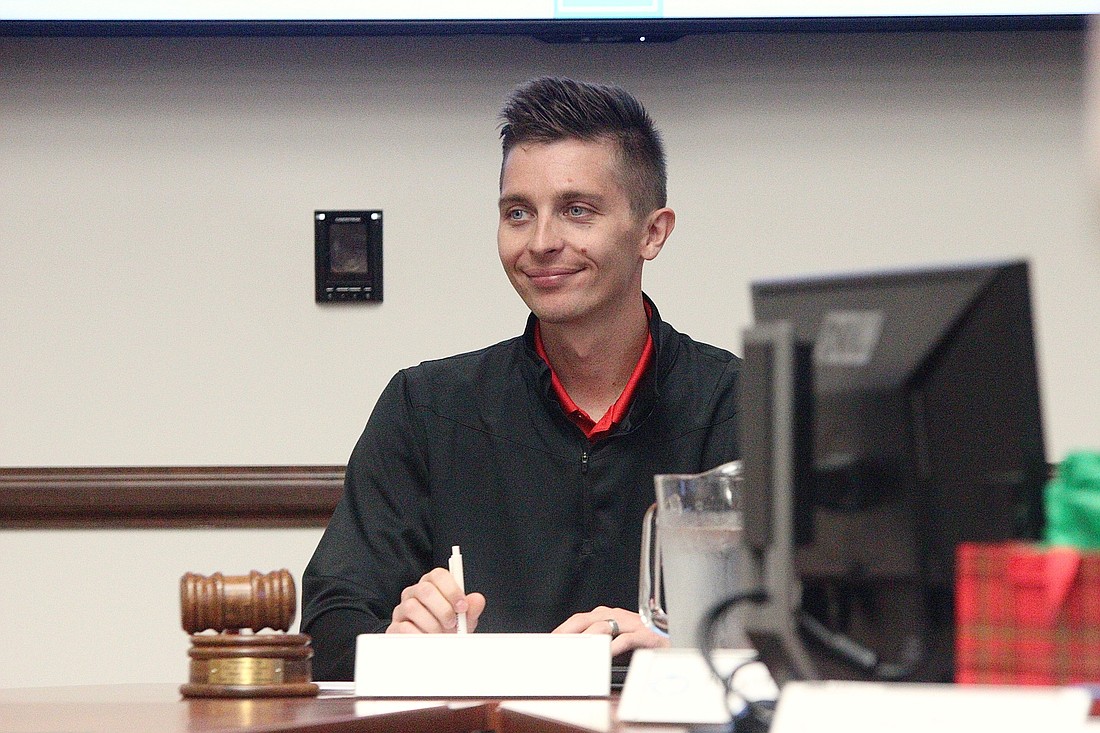- April 18, 2024
-
-
Loading

Loading

Palm Coast doesn’t have much in the way of electric vehicle charging stations. There are the city-owned ones at City Hall, a Tesla charging spot at Legacy Vacation Resort, off Palm Harbor Parkway and a SemaConnect near Grandhaven. But Palm Coast might soon get as many as 14 more.
Florida Power and Light is working on a program to provide municipalities with charging stations, with an agreement in which the city would pay the electric bill and FPL would pay for charging station installation, maintenance and repairs.
“We’ve seen an incredible expansion in electric vehicles in the state of Florida,” Anuj Chokshi, a project manager for FPL, told Palm Coast City Council members during a council workshop Dec. 10.
The company is expecting that by 2025, around a fifth to a quarter or all the cars sold will be electric, he said.
The FPL pilot program, he said, is looking to establish approximately 1,000 charge ports in the state.
“We’ve seen an incredible expansion in electric vehicles in the state of Florida.”
— ANUJ CHOKSHI, project manager, FPL
The total aggregate electric bill for the 14 stations would likely be somewhere between $4,000 and $8,400 per year.
The city would have to agree to a seven-year commitment to the program.
At the end of that period, the stations would either be picked up by FPL, or the city could purchase them.
City Council members expressed interest in the proposal during the workshop. Vice Mayor Nick Klufas noted that all of the proposed chargers would be “Level II” chargers, which charge at a rate of about 12 miles worth of charge per hour. He asked about the possibility of adding a high-speed charger, as there aren’t many in the area.
“By offering a higher-level charge it actually becomes a … destination charge,” he said, which could lure visitors to stop in the city.
Chokshi said that such chargers tend to require their own transformers and a very different installation process.
Klufas said he still thought the proposed Level II charger initiative was a great thing.
“I’m comfortable saying that we should have more electric EV chargers,” he said. And, he said, he believed the city should try to engage FPL or other companies about the possibility of adding high-speed chargers in the future.
The council did not vote on whether or not to enter the FPL pilot program. That will occur at a regular business meeting at a future date.